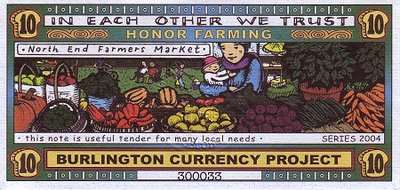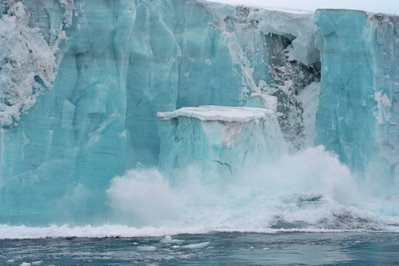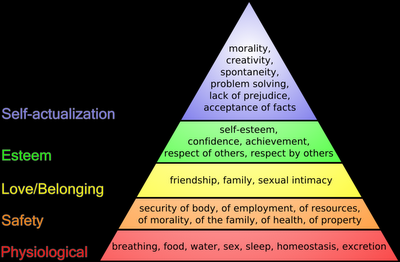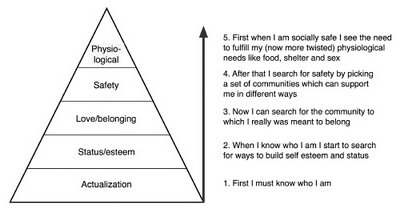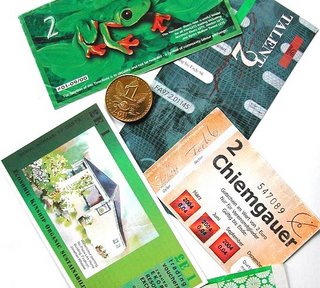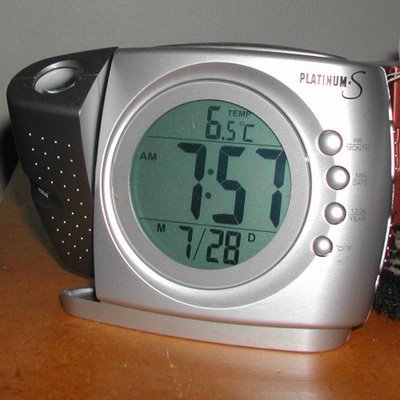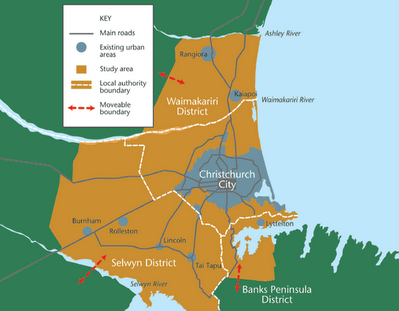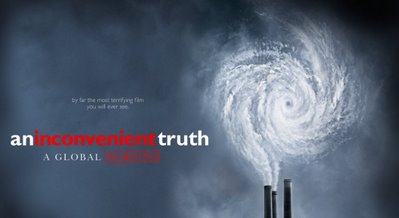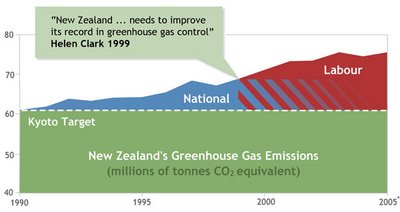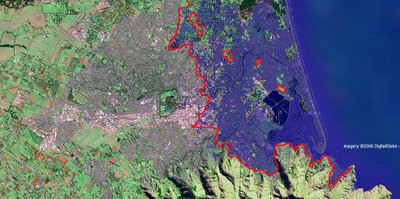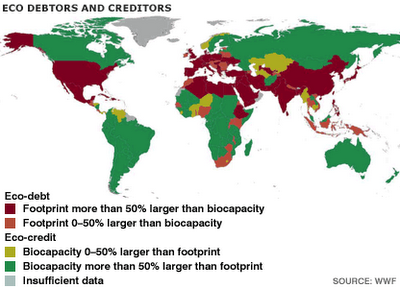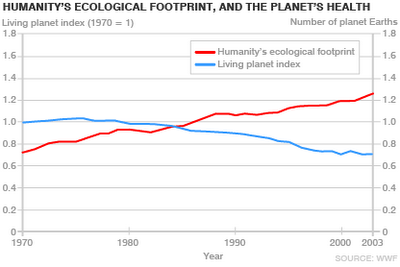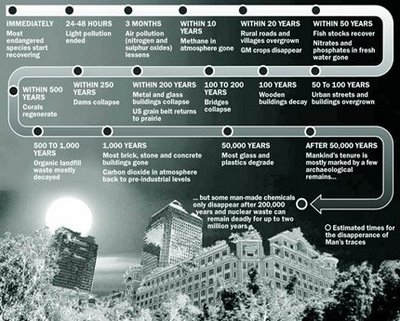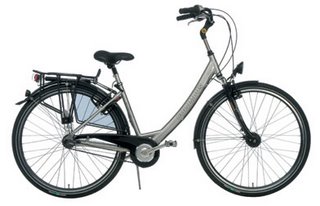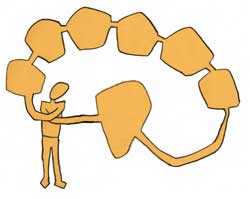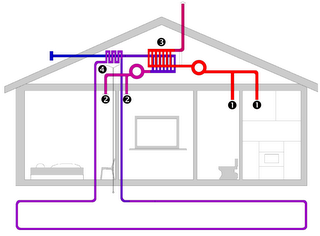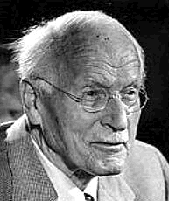abun·dance
1 : an ample quantity : PROFUSION
2 : AFFLUENCE, WEALTH

While I was writing the previous post about the display of reckless consumerism in a recent new age film, I was wondering how many people really do understand the concept of
'abundance'? This seems to be one of most difficult concepts to grasp, more so since we live in a civilisation that has at the core of its defining story the concept of scarcity.
Our minds are constantly exposed to the message of there is
'not enough', daily reinforce by mass media, advertising and political propaganda. The definition of
economics “is the study of human choice behavior and how it effects the production, distribution, and consumption of scarce resources.” We are trained from a young age that we need to compete, otherwise we lose out in this world. And if you don't believe that there isn't enough, just look at those between 1 and 2 billion people on this planet who are unfortunate enough to be forced to live on 1 Dollar or less a day ...
How would one ever be able to grasp (and trust!) the concept of abundance? How can we get out of our collective trance of 'scarcity'?
Bernard Lietaer believes that there are archetypal forces at work: of all the major archetypes at least one is thoroughly suppressed in western thought and culture - the one he calls the 'Great Mother', the unconditional provider of nurturing. Instead we experience it's shadow instead: fear of scarcity and greed.
How can we change our cultural story of prosperity from one of fear of scarcity to one of abundance where everyone is cared for? It is not the carrying capacity of our planet that is in question here. Even today, if all resources were distributed equitably, everyone would have enough. Poverty and deprivation are first of all signs and indicators of failure of a capitalist neo-liberal market economy.
How would we characterise an economic story that provides for all? The biological systems of life work constantly in an abundance mode. For one thing: nothing is wasted, every thing is recycled and of use and value for somebody/something else. Furthermore, abundance is when we have the ability to both share and conserve energy and matter, and when we freely share information in order to grow the potential of the whole.
True abundance depends on frugality, mutuality, and sharing. True abundance is possible if we recognize that we are all part of a community and that healthy communities depend on healthy individuals, and vice versa.



